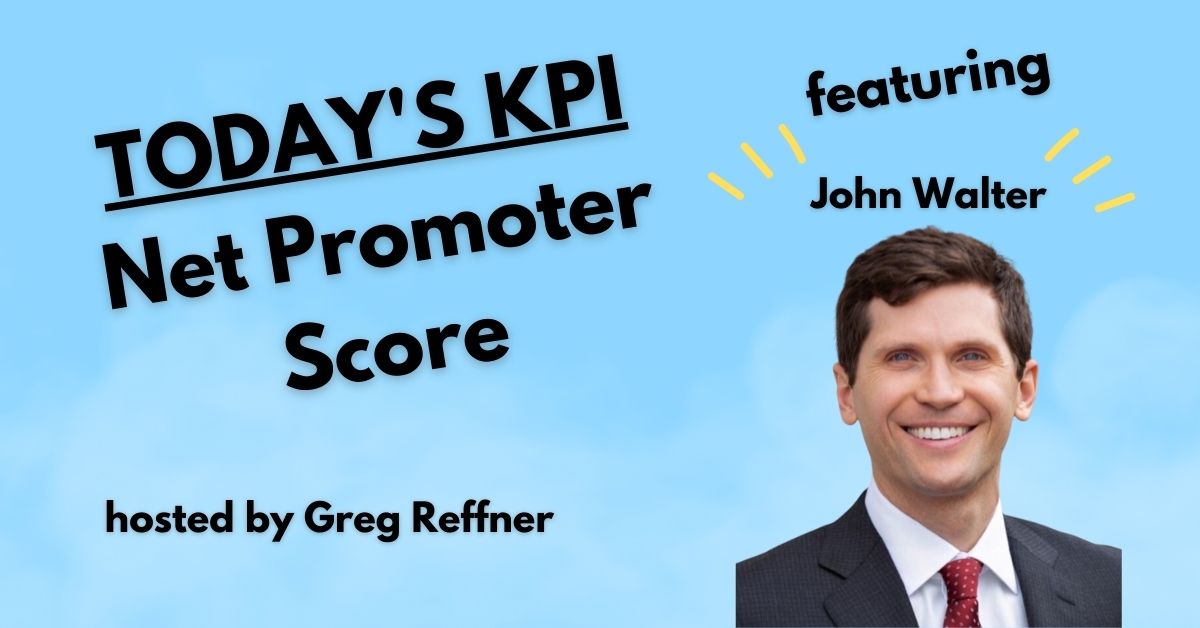Every team, whether it’s a professional sports team or high school mathletes, everyone has a “coach”. Contact centers are no different.
The coach at a contact center is generally the supervisor or manager of the group.
However, most people don’t think of themselves as a “coach”. This is why we created this contact center coaching guide. It’s often forgotten about or put on the back burner, even though coaching and guidance are some of the most important aspects of a manager’s job.
No matter what level you’re at within a contact center, this post has something for you.
Our contact center coaching guide helps with:
- Customer service quality
- Increased productivity
- Improved employee happiness and loyalty
What are you waiting for?
We’ll show you how to set up your coaching with some of the industry’s best tips and tricks.
Challenges with Contact Center Coaching
First, we need to talk about the problems or challenges with contact center coaching. Nothing good comes without a challenge!
1. Lack of time
One of the biggest challenges across any contact center. Managers simply have too much on their plate or their teams are too big for them to properly coach each agent.
As a result, coaching sessions may be rushed or postponed, leading to ineffective feedback and improvement from agents.
2. Inadequate training for managers
If you’re a stellar agent and get promoted to a manager, it’s assumed that you’ll be a great leader and coach. It happens constantly. Or even if you’ve been a manager for years, leadership assumes you know what you’re doing.
But that’s not usually the case.
Coaching people is hard. Contact center coaching is even harder.
Proper training needs to be given to managers on a continual basis to help them effectively communicate and support their team.
3. Negative reinforcement
It’s easy to focus on the negatives. This starts from the top of leadership. If managers receive positive feedback with some constructive criticism here and there, they will do the same for their team.
In the contact center world, there tends to be an overemphasis on negative feedback.
This affects confidence which is the last thing you want for agents. They are the front lines to your customers each and every day.
4. Absence of clear goals and metrics
Agents need specific, measurable goals to work toward. As does anyone in the contact center world.
Without clear performance metrics and goals, coaching becomes less effective in guiding agents toward improvement.
5. Lack of follow-up and accountability
Coaching can feel like micromanagement if there is a lack of trust or respect. The easiest way to start building that trust is to be accountable for yourself and what you’re asking of agents.
Follow-up is also crucial. Whether it’s from the manager or agent, after coaching sessions follow up in the form of a recap as well as outstanding tasks that were discussed need to be completed.
Contact Center Coaching Guide Best Practices
What would a guide be without best practices? Just like the challenges, we can’t just focus on the “negatives”. Let’s dive into the best practices that we’ve seen across our customers, industry experts, and others leading the way in the contact center space.
Different Coaching Sessions
Most contact center leaders group their coaching into one bucket and call it a success. The best break it down into different meetings that are held either monthly or weekly. Remember, the goal is NOT to bombard your team with meetings. It is to ensure the ones that are scheduled are productive.
- Monthly coaching sessions: These can be focused on team training, what’s working vs. what’s not, as well as an agent lead portion to empower your team.
- Individual coaching sessions: These are focused on KPIs and performance. What are the agent’s strengths and where do they need to make improvements? This should not be confused with one-on-ones. Those should be focused on employee development and NOT call coaching.
Performance Metrics
What KPIs are you tracking?
Do your agents know exactly what metrics they are responsible for?
When it comes to performance metrics, utilizing the right data is just as important as tracking data. Just because every other contact center tracks average handle time, doesn’t mean that it should be a main focus of ours.
If customer loyalty is the highest priority, you don’t want to rush your agents into getting off the phone.
You want them to focus on first contact resolution, not average handle time.
Agent Empowerment
When agents feel empowered, decisions are made for long-term results and not short-term results. They are focused on improving the customer experience as a whole, instead of trying to be perfect on every call.
This also includes giving agents the opportunity to run meetings and teach their peers about what they’ve learned. Instead of it always having the manager running meetings.
Check out this quick five minute clip from Simon Sinek on servant leadership.
Positive & Constructive Feedback
As mentioned above in the challenges sections, feedback can be overly critical without contact center leaders even knowing it.
It’s challenging to focus on strengths first, not weaknesses. But by building on your team’s strengths you will see a bigger return on their performance.
That being said, there should still be constructive feedback when behaviors or actions need to be corrected. If they are not corrected then further action needs to be taken.
The Cure for Common Coaching Struggles
There isn’t one solution to solve your contact center coaching woes. But there are small changes that you can implement today that can make a big difference.
Start with one of the best practices above and work on implementing it within your team.
If you’re looking to make a more drastic impact, that’s where software comes in.
Onboarding a new software solution isn’t always easy, but it’s absolutely essential when it comes to agent coaching.
What Abstrakt can do for you
Abstrakt is a real-time call guidance software that helps agents be more effective and efficient on calls. It can do this because of the real-time coaching piece that happens live on a call.
Which saves managers from having to try and “live listen” to calls. Abstrakt also creates a call scorecard for 100% of calls, therefore contact center managers can easily see what a “perfect” call consists of as well as what needs to be changed on the lower-scored calls.
If you’re interested in making the leap to an agent assist software, check out what Abstrakt can do for you.


